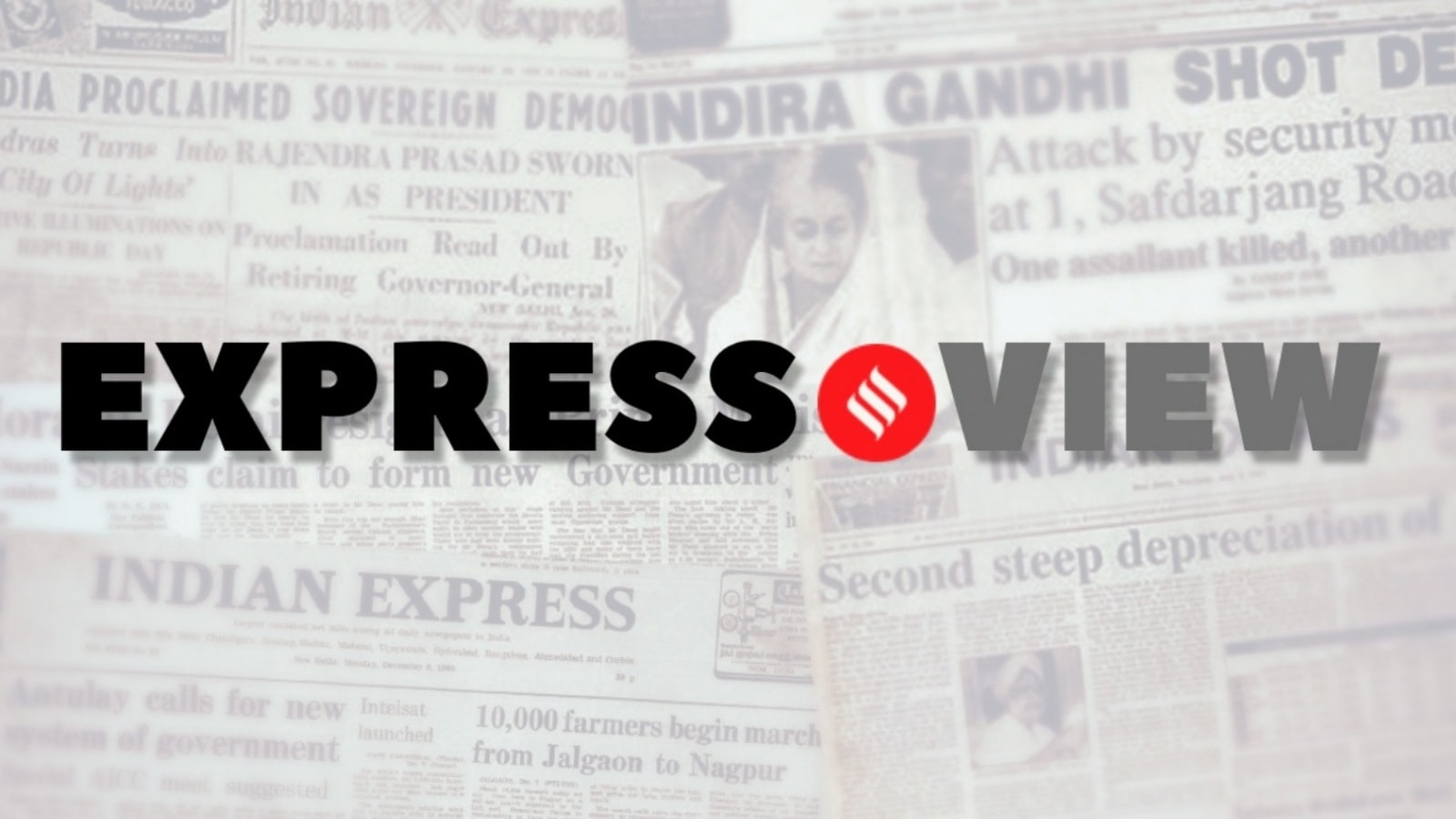Dec 11, 2024 07:47 IST First published on: Dec 11, 2024 at 07:47 IST
Shaktikanta Das took over as RBI Governor in December 2018 after Urjit Patel had quit unexpectedly, citing personal reasons. Das has had a challenging tenure. In his six years as governor — he was granted an extension in 2021 — Das deftly navigated a difficult domestic and global environment. He led the central bank through a pandemic, the Russia-Ukraine war and the conflict in Gaza, while also leading it into newer areas such as digital currency. All the while, he ensured that relations between Mint Street and North Block were harmonious.
When he took over as governor, Das had to deal with the NBFC crisis, following the collapse of IL&FS and Dewan Housing. However, the biggest challenge that the central bank had to face was the Covid pandemic. Under his leadership, the RBI acted quickly, loosening policy rates, and also announcing a series of measures to help cushion the economy from the consequences of the pandemic.
Das presided over a dramatic decline in bad loans of the banking system — gross non-performing assets have fallen to 2.8 per cent of advances as of March 2024, down from 10.8 per cent in September 2018. On inflation management, the record of the central bank has been more mixed. It has been argued that the RBI had underestimated the price pressures in the economy following the recovery from the pandemic. As a consequence, it was slow to raise interest rates.
These fears proved to be justified when inflation breached the upper threshold of the central bank’s inflation targeting framework for three consecutive quarters. There are similar concerns now that the central bank is more worried about inflation, and less about growth, which is leading it to keep policy rates more restrictive than what is needed. On currency management as well, the central bank has been more interventionist, in 2022 and now. The pace at which its forex reserves have depleted indicates to some extent its interventions in the currency market.
Sanjay Malhotra, revenue secretary, will take over from Das as RBI Governor. Perhaps the government believes that a bureaucrat is better able to manage relations between the RBI and the finance ministry than an independent economist. Malhotra takes charge at a time when there is a growing clamour for the RBI to ease policy rates in order to support growth. His challenge will be to steer the central bank through a period of global and domestic uncertainty.


